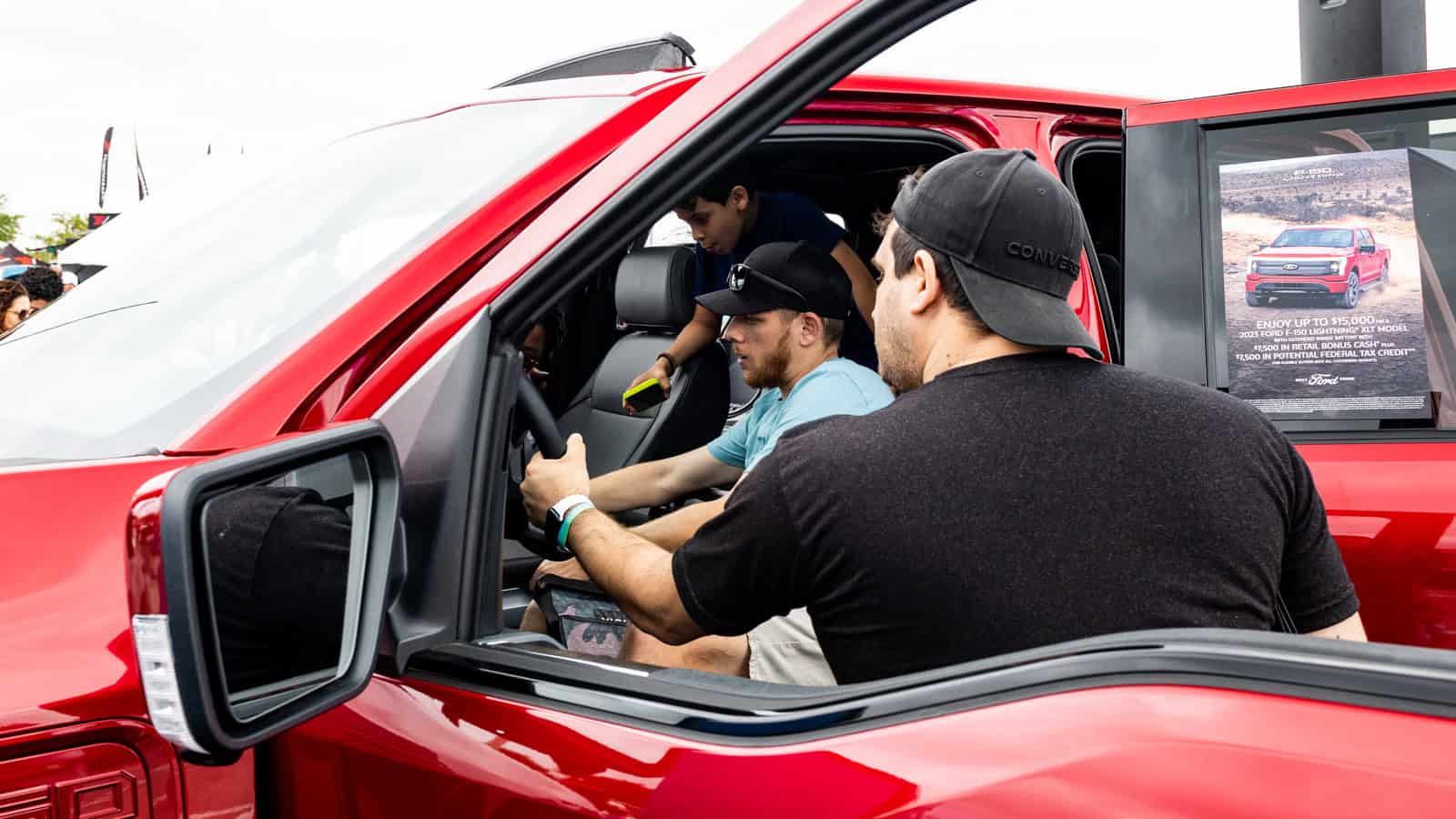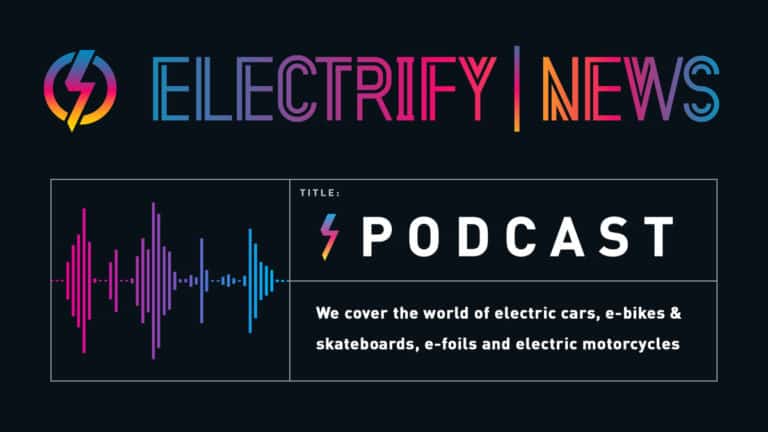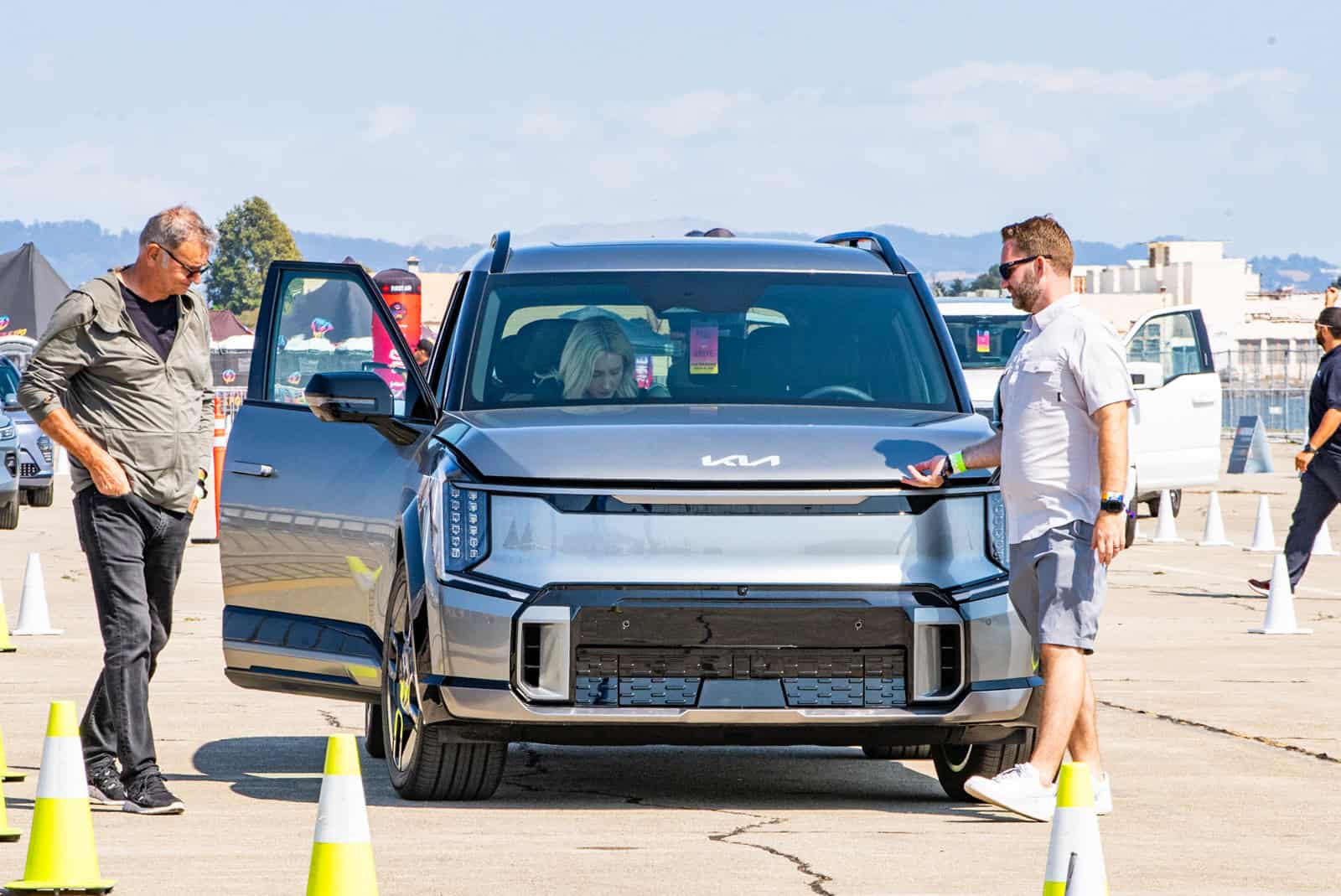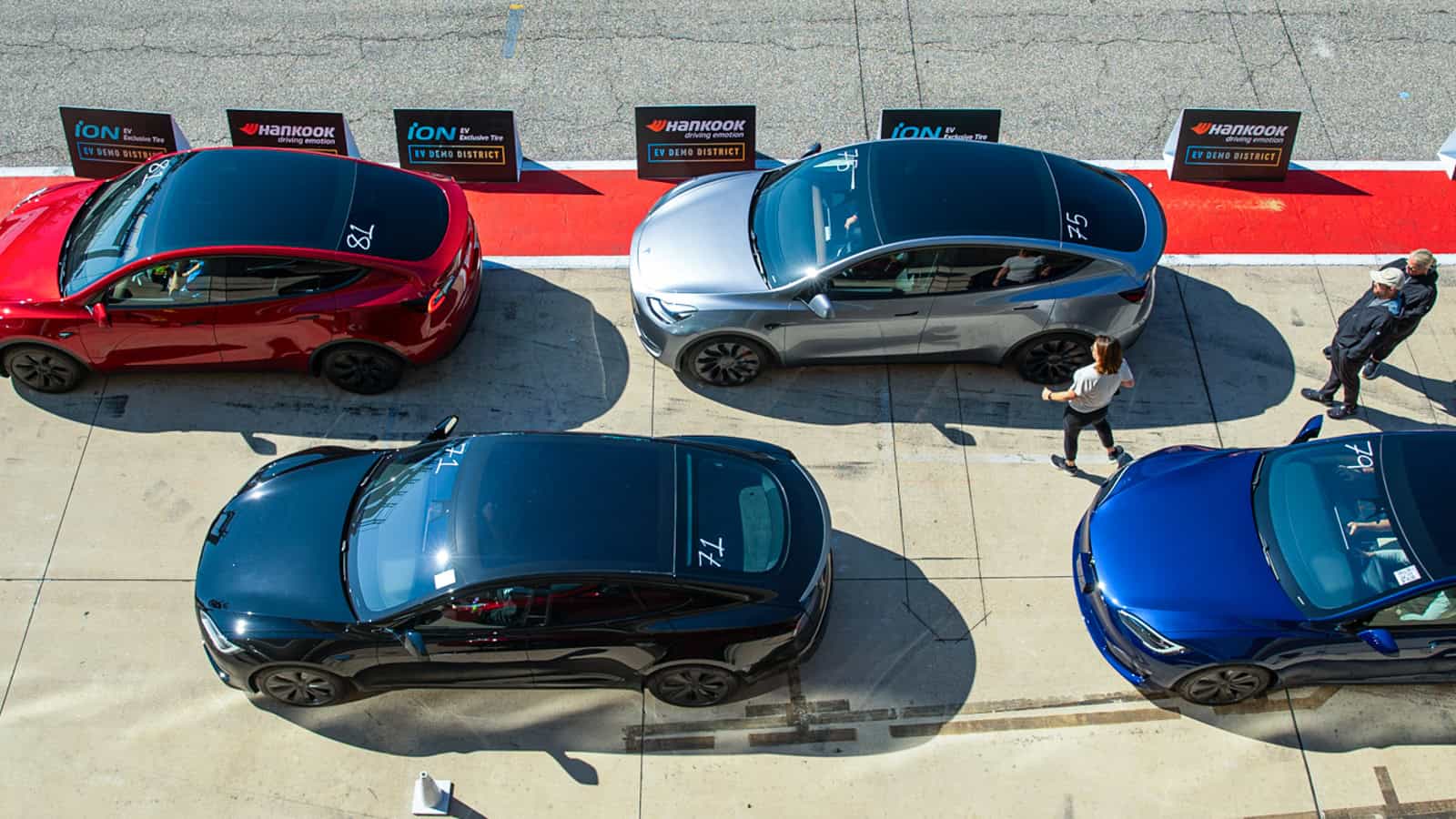- States like Ohio, Georgia, and South Carolina, which typically support Trump, are seeing job growth from EV manufacturing, despite his anti-EV stance.
- EV production demands up to ten times more labor initially and three times more than gas vehicles long-term, driving job growth.
- Cutting EV tax credits would heavily impact EV startups, potentially limiting competition and consumer choice.
ADVERTISEMENT
Donald Trump’s return to the White House could change the course of electric vehicles (EVs) in the U.S. dramatically. While many people love EVs for their practical perks, like lower costs and the excitement of driving a high-performance vehicle, politics have constantly pulled the industry in different directions.
Trump’s win likely signals a return to policies that focus on “freedom of choice” instead of government mandates. For some, this is an opportunity to improve the auto industry. For others, it’s a risk that could undo years of progress toward a diverse and competitive EV market.
The EV industry has undeniably moved past being a niche market, now capturing over 10% of the market share in several U.S. states, as highlighted by the U.S. Energy Information Administration. And the growth isn’t just a reflection of climate policy. Consumers are drawn to the practical perks like lower maintenance, smoother rides, and advanced tech features.
ADVERTISEMENT
Trump’s Policy Shift Could Limit EV Choices and Stall Innovation
However, Trump’s recent policy shift threatens this progress, as he considers easing emissions standards and reducing EV subsidies. His stance, mixed at best, raises an important question: will the industry continue to expand and innovate, or will it slide back into outdated practices that limit consumer choice and advancement? Americans deserve the freedom to choose what best suits their needs, and not to be restricted by policies rooted in political interests.
Consider the EV tax credits under the Inflation Reduction Act (IRA). These credits, up to $7,500 for buyers, have been crucial in opening up the EV market to a wider audience, making EVs accessible to people who otherwise might stick with gas-powered cars.
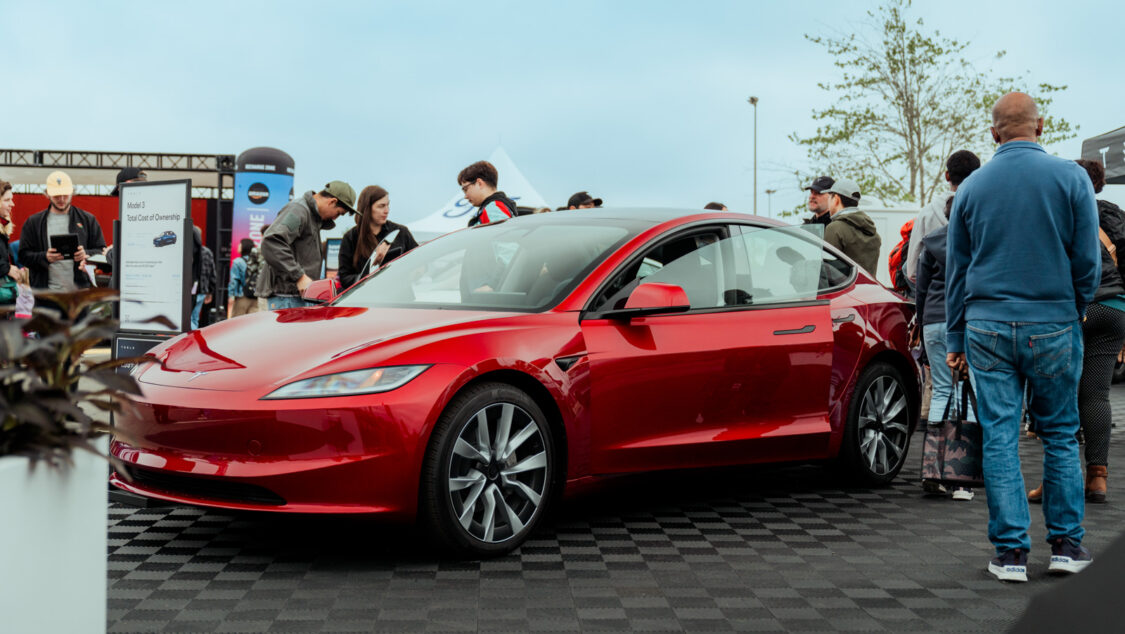
But Trump’s administration could revise, reduce, or even eliminate these credits, forcing consumers to either pay higher upfront costs or miss out on the latest automotive advancements.
Some industry insiders think that investment credits for automakers might stay in place. But if consumer subsidies are cut, it could hit startups and smaller EV companies hard, leaving only the big players in the game.
Do we really want an industry controlled by legacy automakers while small, innovative companies get pushed aside? That’s what’s at stake here.
ADVERTISEMENT
Pro-Trump States See EV Job Boom Despite Anti-EV Stance
Data shows that investments in EV manufacturing facilities are booming in states like Ohio, Georgia, and South Carolina, areas historically supportive of Trump. Yet, these states are thriving with new jobs thanks to federal support for EV production, often needing more workers than traditional gas vehicle plants, despite Trump and his supporters often pushing an anti-EV narrative.
A study published in Nature Communications shows that building battery electric vehicles (BEVs) can take up to ten times more labor during the initial setup and up to three times more than gas-powered plants even after production stabilizes.
For example, Tesla’s California plant demonstrates this need for a larger workforce due to the more complex manufacturing process for BEVs. Rather than holding onto outdated views, states benefiting from EV investments should recognize how this industry boosts local economies and supports stable, long-term job growth.
ADVERTISEMENT
Rolling back federal support could threaten this progress, slowing job growth and stalling the momentum the industry has achieved. It’s time for these states to focus on the long-term benefits EV manufacturing brings to their communities, rather than following short-sighted political agendas.
Trump’s potential rollback of Corporate Average Fuel Economy (CAFE) standards and clash with California’s strict emissions rules would be more than a hit to state rights. It could disrupt the automotive market and slow progress on cleaner, more efficient vehicles.
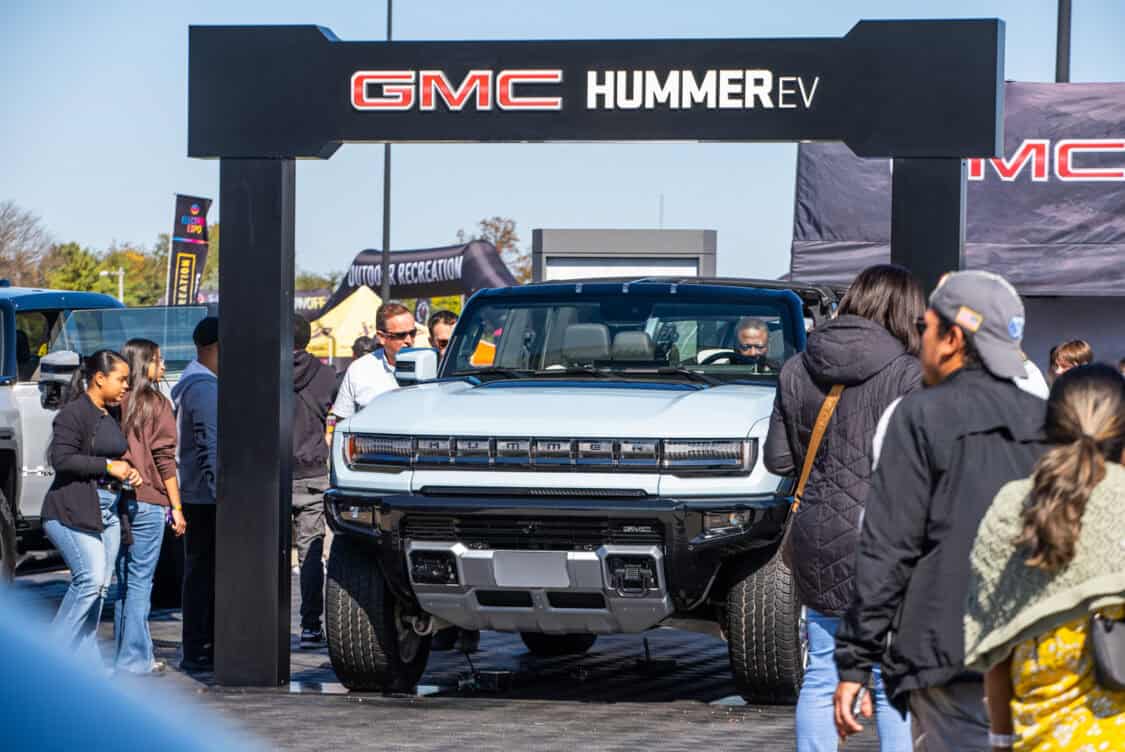
California’s “Advanced Clean Cars II” regulations, for example, aim high for 35% of 2026 model-year vehicles to be zero-emission, with a goal of 100% by 2035. A 2023 update strengthened emissions standards, pushing automakers to prioritize battery-electric, hydrogen fuel cell, and plug-in hybrid vehicles to cut pollution and protect public health, especially in heavily impacted communities.
Some may say these goals are ambitious, but without state-driven efforts, the shift to a diverse, competitive EV market could slow down. Do we really want to go back to a time when outdated policies restricted consumer choice?
ADVERTISEMENT
Trump’s Policies Favor Auto Giants, May Threaten EV Startups and Consumer Choice
For legacy automakers like Ford, GM, and Stellantis, Trump’s return to office could feel like a win, easing regulatory pressures. However, this direction spells trouble for EV startups like Rivian and Lucid, which depend on federal support to compete against industry giants.
Unlike Tesla, which is profitable, these younger companies may be forced to scale back or even close up shop. Trump’s approach risks stifling competition and leaving consumers with fewer EV options, limiting variety in a market that thrives on fresh ideas and innovation.
The push for EV adoption goes beyond party lines and politics. It’s about consumer choice, market freedom, and advancing technology that meets today’s needs. Turning EVs into a political pawn benefits no one.
We’re at a crossroads where one administration’s choices could significantly affect the course of automotive history. By letting consumers explore the advantages of EVs without restrictive policies or ideological battles, we can ensure a market that’s truly driven by demand.
So, let’s keep the focus on what matters – consumer freedom, economic growth, and competitive innovation. Every policy, every decision, should work toward those goals, and not set us back.
This election goes deeper than who’s in office. It touches the future of an industry that has advanced too much to turn back now. Let’s push for policies that drive progress and celebrate the spirit of American innovation. In the end, we deserve nothing less.
ADVERTISEMENT

IMAGES: ELECTRIFY EXPO
FTC: We use income-earning auto affiliate links. Learn more.


